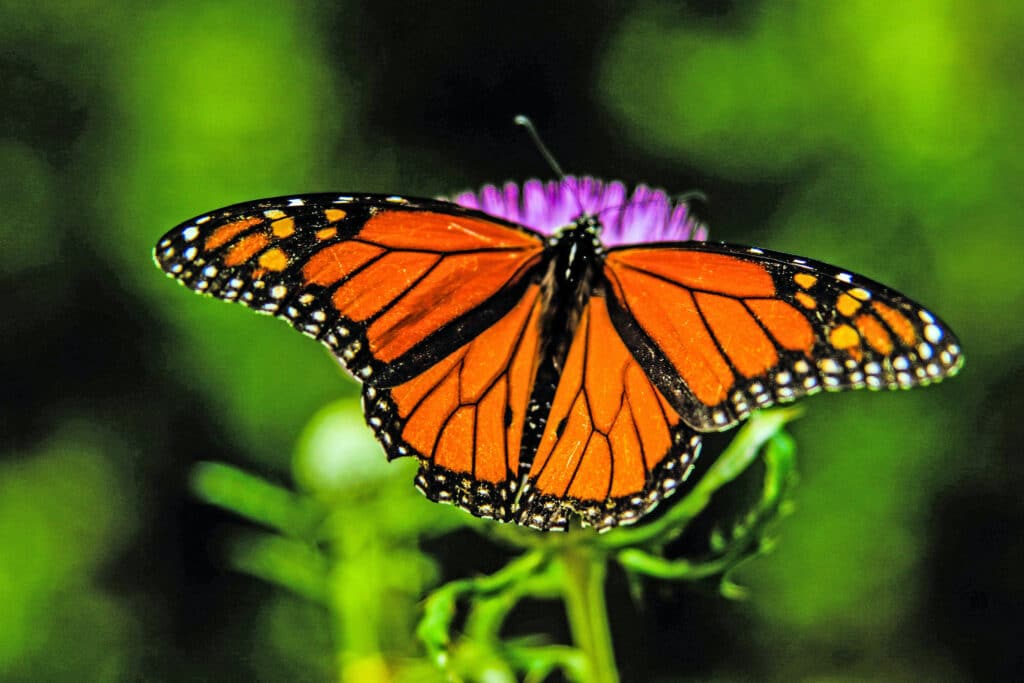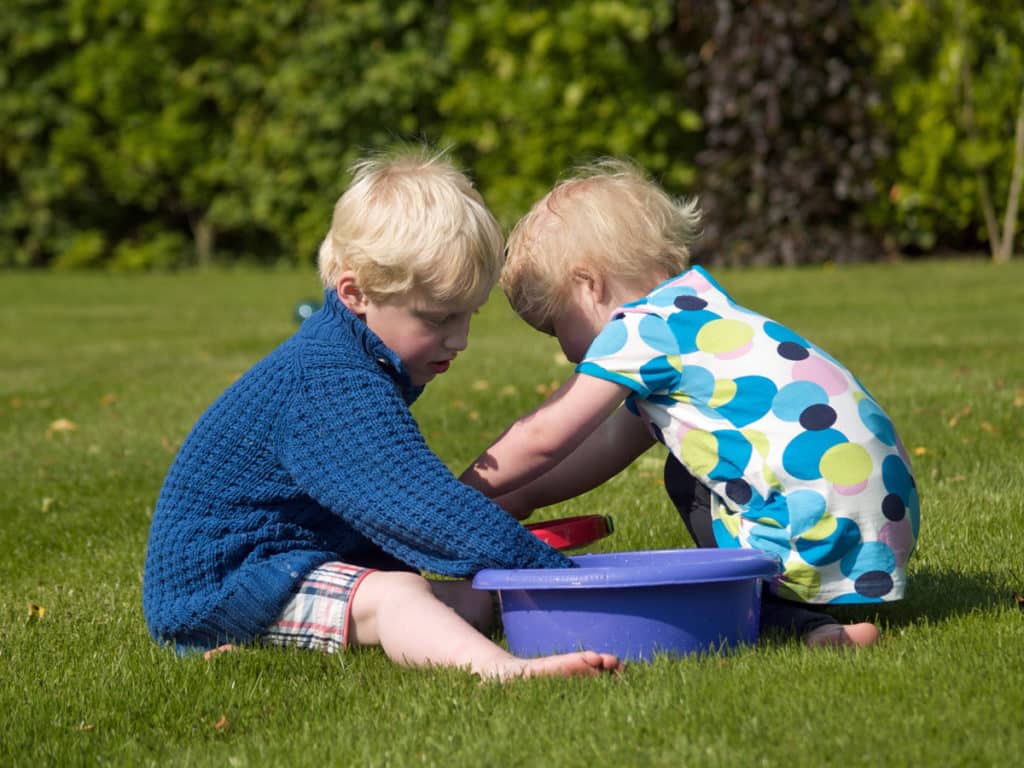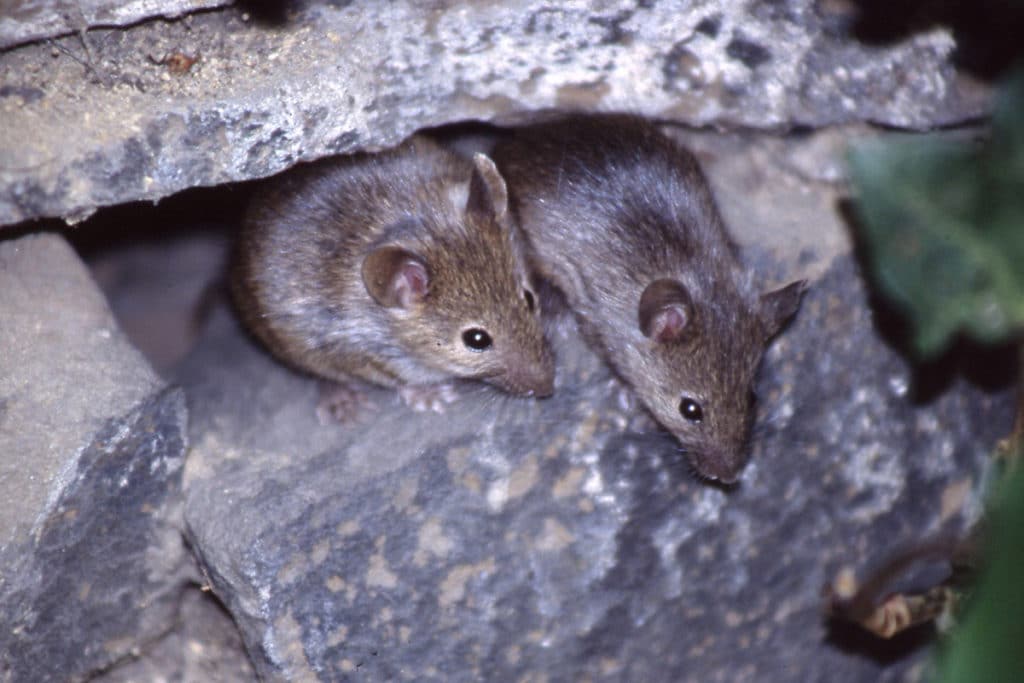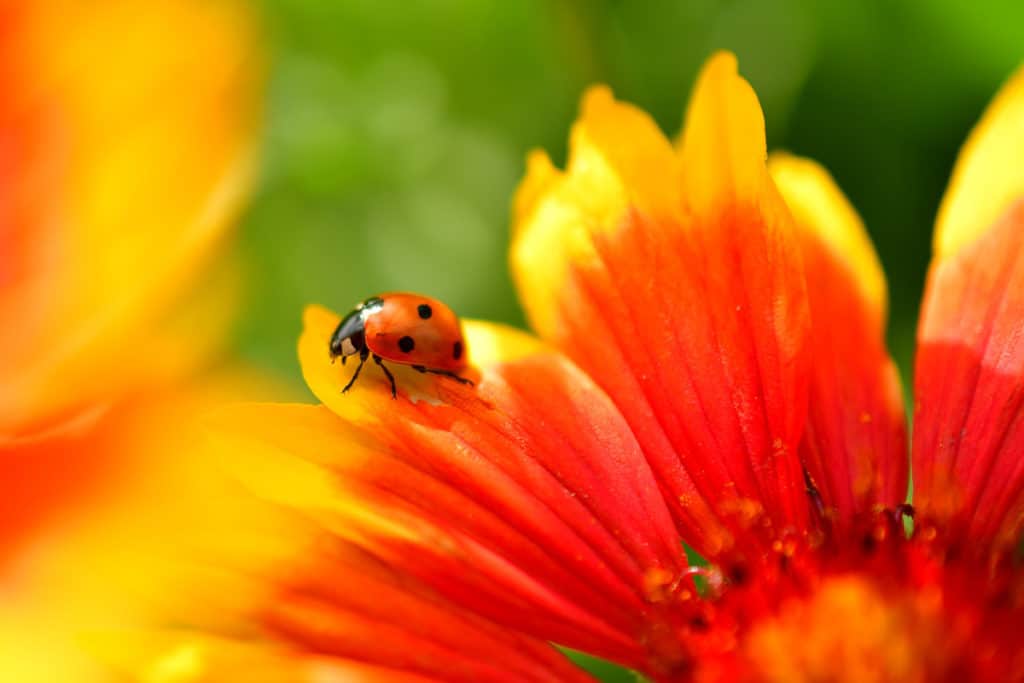Pest Problem? Stop. Think. Protect.
Marin residents understand that using toxic chemicals in our homes and yards is a quick fix but not the best long-term solution. By using preventive methods and alternative techniques, we can reduce or eliminate pesticide use in the home and work environment in Marin.

Why Stop. Think. Protect.?
Before reaching for the weed killer, bug spray or rat poison, DON’T! Instead, Stop. Think. Protect. Ready-to-use pesticide products have one thing in common – they’re poisons, intended to kill a particular kind of creature, be it plant or animal. In the process, they can hurt more than the target pest – sometimes, much more! When you have any type of pest problem:
- Stop – before taking any action.
- Think – understand the problem you are trying to solve.
- Protect – find solutions, starting with the least toxic method.

What do you want to protect and why?

What is a pest?
Any living organism that causes damage or economic loss or transmits or produces disease may be the target pest. Pests can be animals (like insects or mice), unwanted plants (weeds), or microorganisms (like plant diseases, bacteria and viruses).
They vary season to season, and home to home; what might be a pest in one environment may be of little concern in another.

What is a pesticide?
People often think pesticide means insecticide. Pesticide refers to not only insecticides but also, many other kinds of chemicals. Under state and federal law, a pesticide is any substance intended to control, destroy, repel, or attract a pest. The word “pesticide” is a general term that includes many types of products directed at specific pests; some common ones are insecticides, herbicides, rodenticides, fungicides, repellents and disinfectants (like bleach and vinegar).

How can you reduce your use of pesticides?
- Utilize Earth-Friendly gardening techniques
- Grow plants for bees, butterflies, & hummingbirds
- Use biological controls
- Prevent pests from becoming a problem!
- Plant a healthy garden
- Maintain a healthy lawn, healthy environment
- Choose less toxic products
- Buying Bee Safe Plants
- Neonic and Pesticide Free Nurseries

Want to know more?
- Managing Landscapes with Pollinators in Mind
- Attracting Beneficial Bugs to Your Garden
- See how you can help protect butterflies
- Find plants that attract pollinators
- Bring Back the Pollinators
- The impact of pesticides on pollinators
- Understanding Neonicotinoids
- Easy-to-use list of products containing neonics
Resource Links: